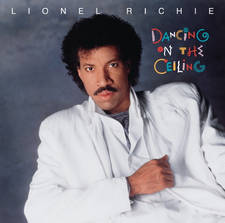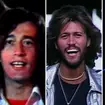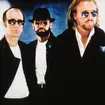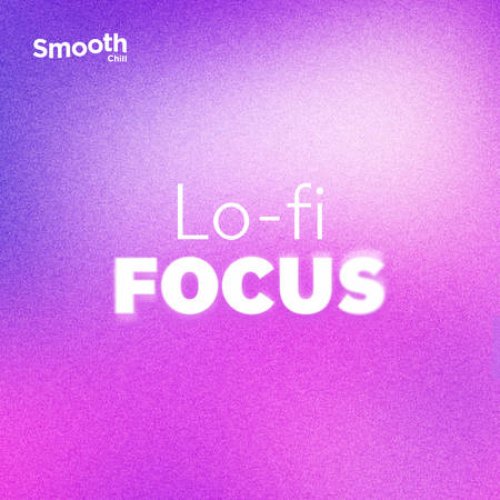Barry Gibb credits Eric Clapton for changing the Bee Gees' fortunes during the 1970s
5 January 2022, 15:24
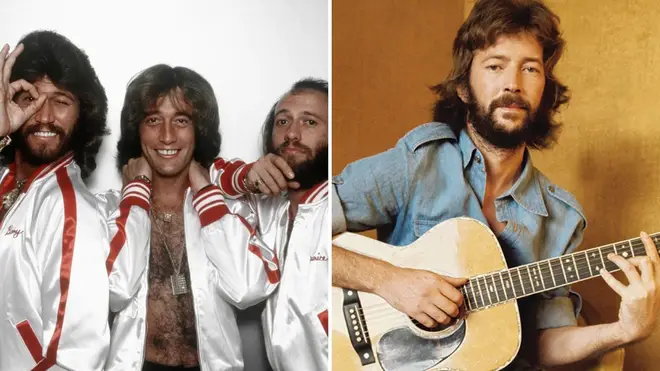
The Bee Gees and their brand of high-pitched disco pop are synonymous with the 1970s.
You could definitely go as far to say that the Bee Gees were one of the defining artists of the decade.
Their soundtrack to the ground-breaking movie Saturday Night Fever became the best-selling film soundtrack of all time (at the time), spawning a swathe of disco classics and winning a Grammy Award to boot.
The second half of the 1970s certainly belonged to Barry, Robin, and Maurice Gibb.
- Watch Barry Gibb's poignant tribute to his late brother Robin with 'I Started A Joke'
- Bee Gees first TV gig: Teenage Barry Gibb and 10 year olds Robin and Maurice sing in 1960
- The forgotten Bee Gees feud when Robin Gibb quit and they released an album as a duo
But throughout the preceding years, the trio were languishing in obscurity without a commercial hit in several years.
Something needed to change for them, and Barry Gibb credits the advice of then label-mate Eric Clapton with the new lease of life they found, suggesting they "'Get Americanized.'"

As Barry reveals in the recent interview with Billboard, it was Clapton that encouraged the Bee Gees to seek pastures new and embrace what was happening on the other side of the Atlantic.
"Eric said, 'Why don’t you make an album in America?'" Barry recalled. "He said, 'Get Americanized.'"
"Don’t spend your life tying to stick with psychedelic music or whatever you think is happening in England. Got to America, get influenced by American artists.' And we did just that."
Clapton himself had just finished recording his now-classic 1974 album 461 Ocean Boulevard in Miami, and urged the Gibbs to leave London and do the same.
It revitalised the band whose fortunes were rapidly fading as a folk trio, as they introduced synthesisers to their sound and pushed Barry's iconic falsetto vocal to the foreground.
Providing inspiration for their 1975 album Main Course, singles like 'Jive Talkin'', 'Nights On Broadway' and 'Fanny (Be Tender With My Love)' resurrected their careers.
To this day, Barry still lives in Miami with his family. Evidently, he felt at home at the time, and still does.
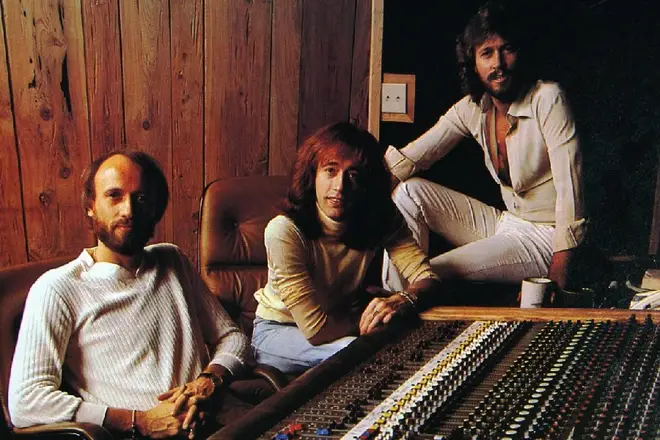
It was truly make-or-break for the Bee Gees before their switch to America, as they were on the verge of being dropped by their label.
The recent HBO documentary How Can You Mend A Broken Heart details that things could've been very different had the not gone stateside.
Barry says about their predicament that "[Atlantic Records chairman] Ahmet Ertegun told (our manager) Robert Stigwood that if we didn’t kick it up, they’d have to drop the group because they were fed up with the pathos in the ballads."
"Robin really didn’t want to do much after that. I think it really broke his heart, because Ahmet didn’t want to hear that lament anymore, that kind of voice. It’s a cruel business."
"You’re always dealing with people who want to tell you what kind of songs you should record."
- Bee Gees: Last known video of Maurice, Robin and Barry Gibb singing together in 2001 is sensational
- Bee Gees: Barry Gibb and wife Linda claim to have seen ghosts of Robin and Andy
- A timeline of Barry Gibb and Linda Gray's beautiful 50-year relationship
- Bee Gees' Barry Gibb emotionally speaks about losing his brothers: "I'm the last man standing"
Luckily, their manager's independent label RSO Records (which also managed Eric Clapton) provided the best environment for the band to thrive and reinvent themselves.
"We had the best promo team. If you would go to a major station every week, then your record would go up the chart." Barry went on to explain.
"And I miss all that. I miss going into (the charts at) Number 80 and then seeing it go to Number 70 with a bullet. Nowadays, an artist will just drop a song."
Who knows, if they hadn't made the move to America then their era-defining soundtrack to Saturday Night Fever may have not existed.
Thank heavens they did.
